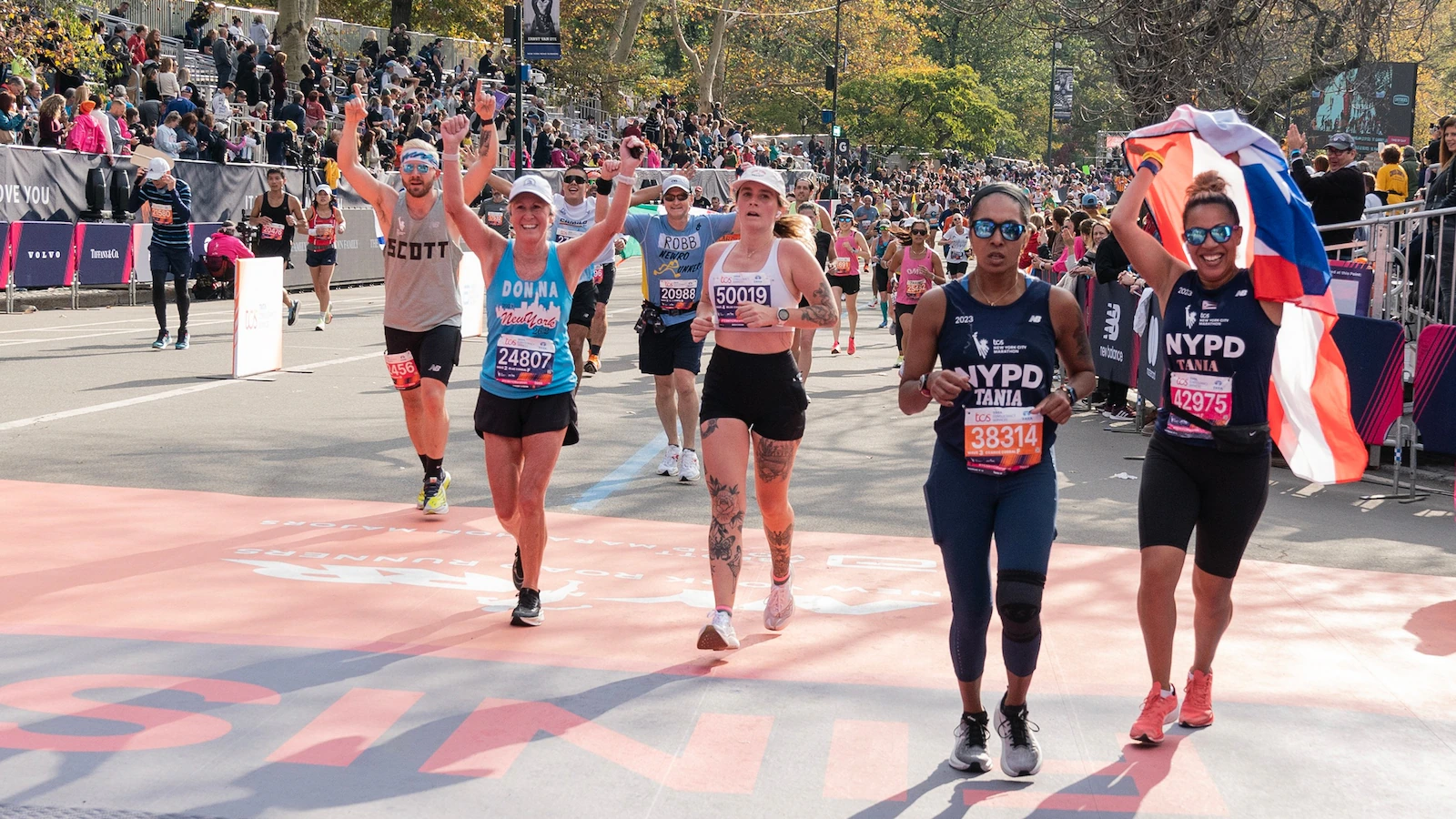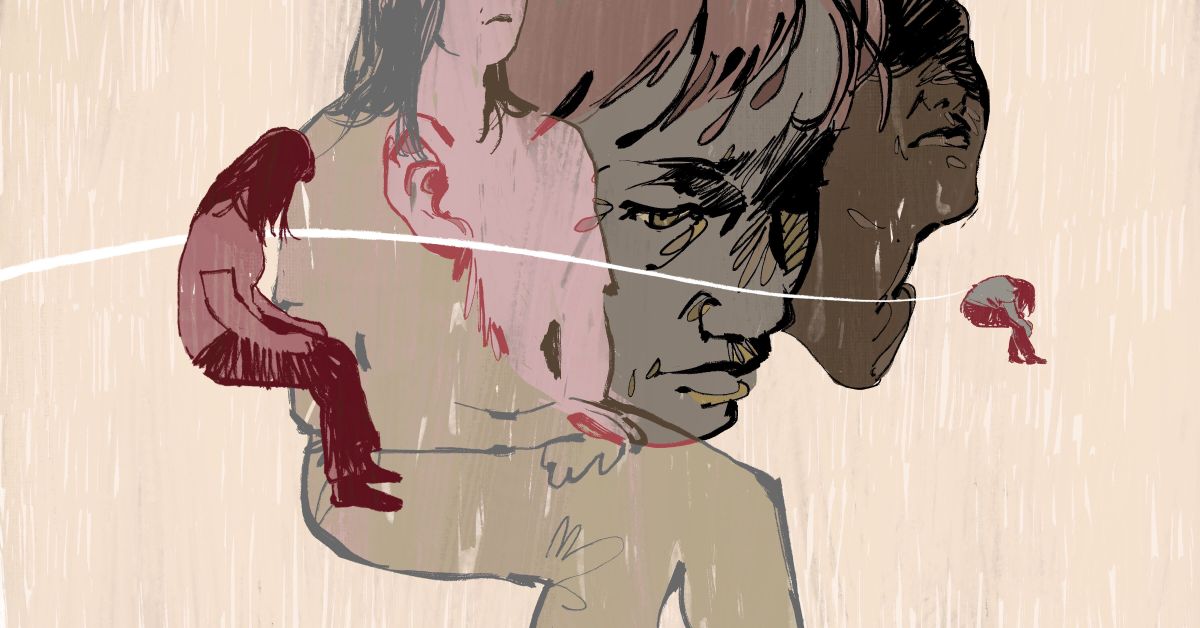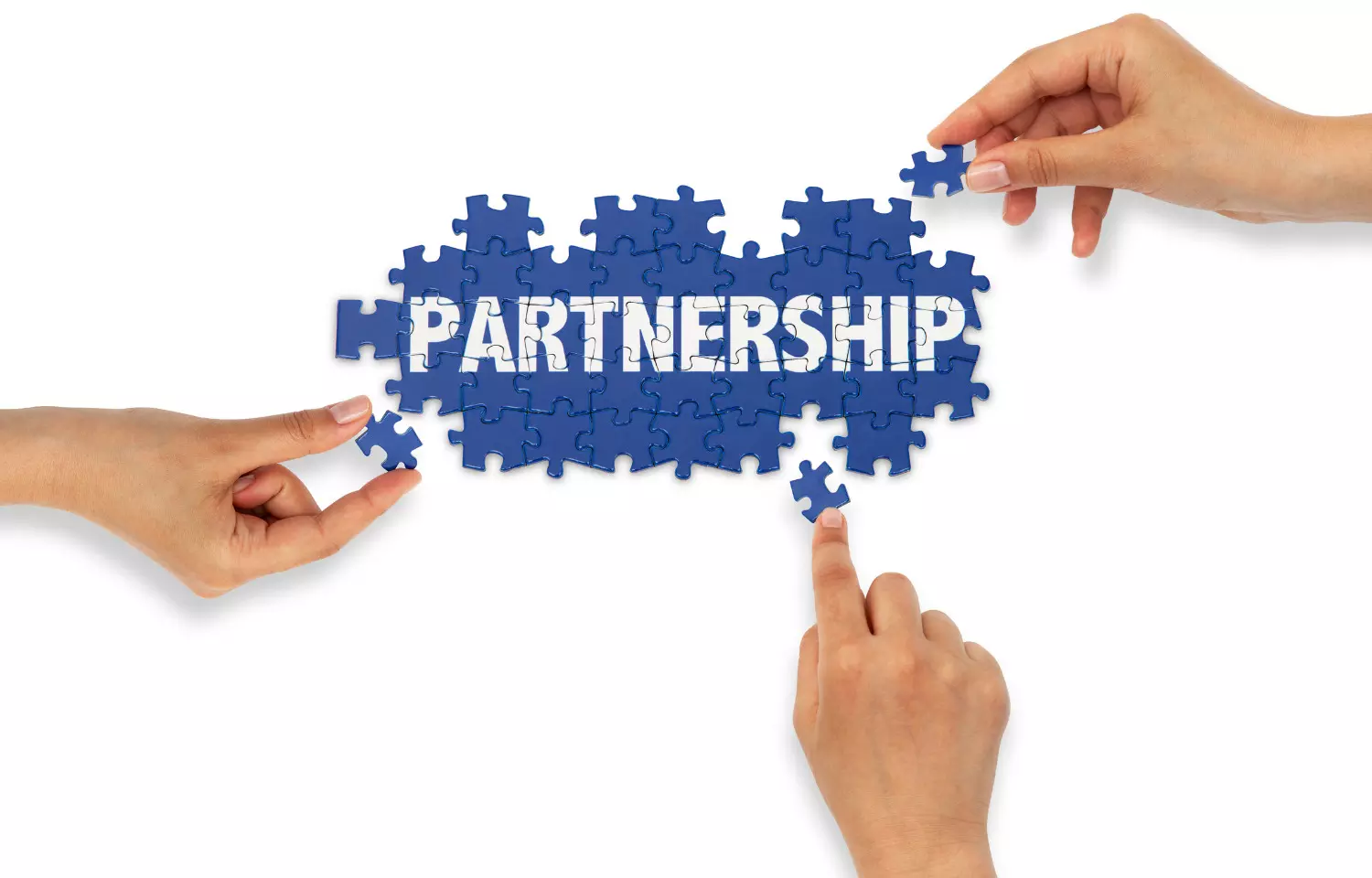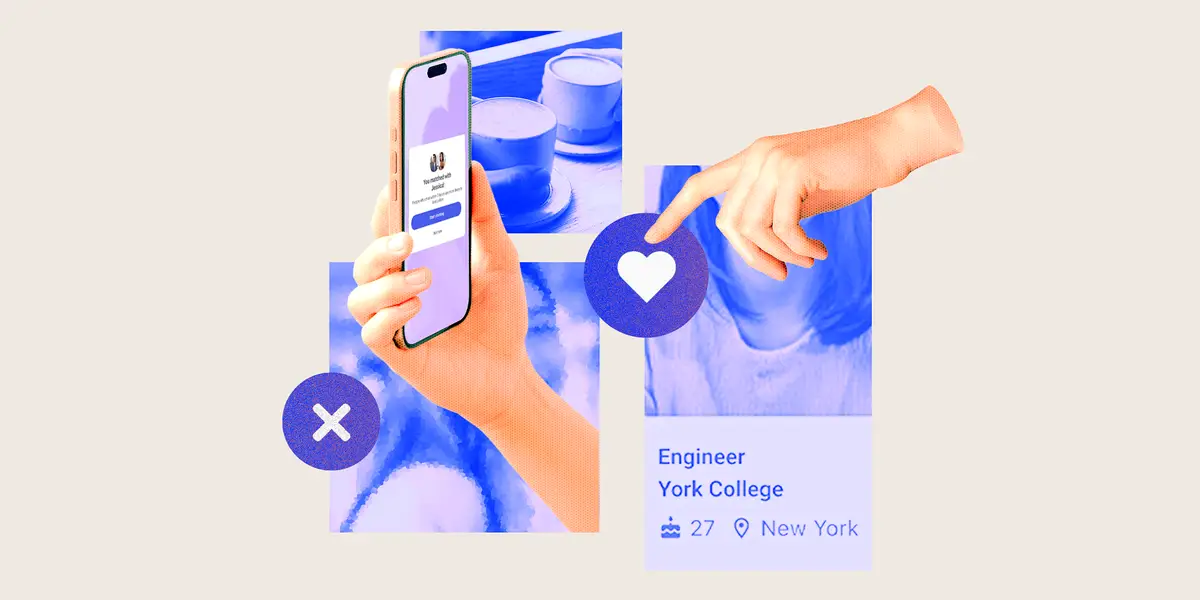Copyright Slate
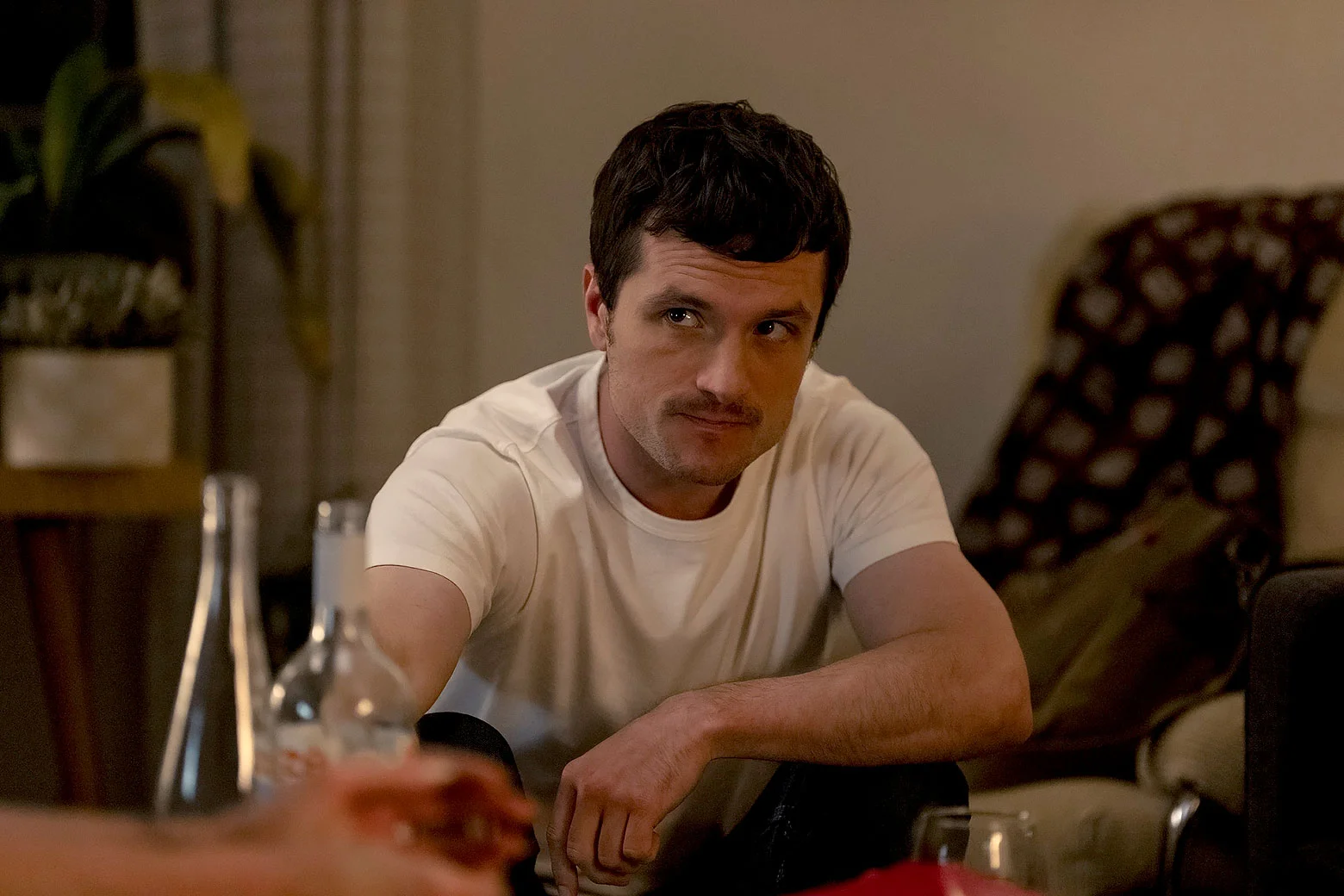
In many ways, Rachel Sennott’s I Love LA is a return to form. Not only does the buzzy comedienne’s new HBO sitcom—an attempt at a modern-day, West Coast–ified Girls, with a hint of The Other Two–style cynicism directed toward the influencer economy—hearken back to classic millennial TV, but it has also been granted a prime Sunday-night slot indicative of HBO’s hopes for the series. I Love LA follows the journey of four friends—Maia (Sennott), Tallulah (Odessa A’zion), Charlie (Jordan Firstman), and Alani (True Whitaker)—trying to survive, with varying degrees of success and abysmal levels of self-awareness, in Los Angeles. The show’s biggest strength is its casting choices. As with any series involving Hollywood’s hottest up-and-comers these days, I Love LA is supported by a nonstop revolving door of TikTok-famous guest stars, but no cast member or cameo feels as perfectly placed as the man Sennott tapped to play her boyfriend, Dylan: Josh Hutcherson. If there is one way to describe Josh Hutcherson’s recent career trajectory, it is with that well-known meme: Josh Hutcherson? *puffs cigarette* I haven’t heard that name in years … The 33-year-old actor came to prominence as one of the most booked child actors around, having already racked up major credits (The Polar Express, Zathura, RV) even before his breakthrough role in 2007’s Bridge to Terabithia, which premiered when he was only 14 years old. He had cemented himself as one of the hot teen heartthrobs to watch, but not because he was just a pretty face whose roles highlighted washboard abs. Instead, his career choices often slotted him in the role of the sweet, dependable guy aiding the journey of a highly capable young woman. That prophecy felt fulfilled when he landed the role of Peeta Mellark in The Hunger Games franchise. Unfortunately for his fans, that megahit of the 2010s-era dystopian film franchise boom only really paid off for its lead, Jennifer Lawrence, leaving supporting cast members like Hutcherson behind as Lawrence’s career skyrocketed to new heights. The thing about The Hunger Games is that, though it presents what should be a compelling love triangle, it doesn’t have quite the depth of romantic emotion or yearning as, say, Twilight. The Hunger Games is not a romance, but a science-fiction dystopian adventure, and it presents its heroine, Katniss, with two less-than-ideal amorous options: Her childhood bestfriend, Gale (Liam Hemsworth), winds up a war criminal, while Peeta’s admiration of Katniss remains a one-sided love until trauma-bonding pushes the two together. Katniss doesn’t truly yearn for Peeta, or even appreciate him deeply in a romantic sense, until he is kidnapped, brainwashed, and turned into a weapon for the opposition. That dynamic, coupled with the reality that young actors who become famous for genre films and TV shows often become typecast, means it’s no surprise that Hutcherson’s career didn’t take off post–Hunger Games. Similar things happened to Hutcherson’s peers in the “white boy of the month” internet boyfriend space, like Dylan O’Brien and Logan Lerman. Since the low points in their respective careers, both these actors have begun to bounce back, nailing roles in hailed projects that truly understand their unique blends of charisma and what made them so beloved by fans in the first place. Meanwhile, Hutcherson was maintaining consistent work, but in lackluster titles like In Dubious Battle and Five Nights at Freddy’s. I Love LA just might change that. In Sennott’s exploration of the L.A.’s social landscape, Hutcherson’s Dylan is the straight man to Maia’s crazy—and the even more heightened crazy of her friends. While Maia spends her time managing her BFF-turned-influencer Tallulah, hanging out with her friends Charlie (a celebrity stylist) and Alani (the unemployed daughter of a rich Hollywood executive), and schmoozing with Hollywood’s internet elite, Dylan’s day job is that of a Spanish teacher. He doesn’t look like the kind of hunk who Maia’s image- and status-obsessed circles would choose for a paramour. But he’s the calm to her and her friends’ chaos. They fawn over him and his deeply normie tendencies, as if he’s their newborn puppy, cheering when he walks into any room just to turn around and tell him that attending a “wig party” would “literally kill” him. There’s an appreciation for Dylan being the furthest thing from that socialite reward system that plagues them. Maia and her friends are all-too-aware that he’s good for her, though the better question may be whether he’s too good. The beauty of Hutcherson as Dylan is that the character’s qualities reflect the exact charm of Hutcherson’s own. In the eyes of those who watched him in various roles growing up, he was always the dependable one, the calming one, the one who would make you believe that everything was going to be OK. As Dylan, he is exactly that for Maia, her friends, and the audience, which needs at least one voice in the room that realizes how intensely out of touch their worldview is. And, just like in his best roles, he wears devotion incredibly well. Maia’s circumstances often put her boyfriend in situations where he is forced to lie or step out of his comfort zone. Whether the challenge is being forced to do a line of cocaine to prevent Maia and her friends from getting blackmailed, or pretending to know about music to impress her boss’s husband, Dylan rises to the challenge. While his normalcy is something that Maia might reckon with throughout the show, his strong sense of commitment isn’t a detractor like it was in The Hunger Games, but rather an intensifier of his hotness. And trust: For the normies watching I Love LA, there’s nothing hotter than being the only good guy in the room.
